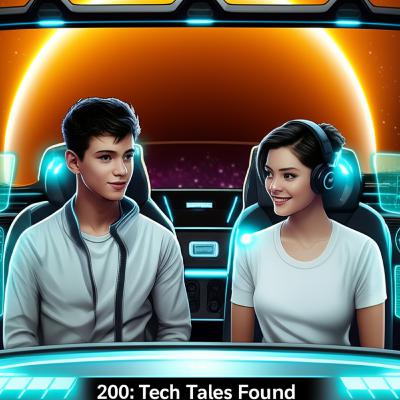When Open Source Turns Sour: The OpenNMS Split That Shook the Tech World
Description
Network monitoring is a critical, yet invisible, force that ensures the reliability of modern digital infrastructure, from healthcare systems to financial transactions. OpenNMS, an open-source network management system founded in 1999, emerged as a pioneering solution designed to provide transparent, community-driven oversight of complex networks. Built on the principles of collaboration and governed by the strong open-source AGPLv3 license, OpenNMS promised that all modifications would remain freely available to the public. For years, the project thrived under community contributions and commercial support from The OpenNMS Group, which offered enterprise services and the stable Meridian distribution. However, in 2023, a major rift emerged when the company began withholding advanced features from the free Horizon version, restricting them to the paid Meridian edition. This move, while common in the ’open core’ business model, clashed with the expectations set by the AGPLv3 license and the project’s foundational ethos. Many in the community viewed it as a betrayal of open-source values—akin to privatizing improvements made on shared public code. In response, developers initiated a fork of the project called Pathfinder, symbolizing a new path rooted in uncompromised openness and full accessibility. This split represents more than a technical divergence; it reflects a deeper philosophical conflict about the balance between sustainable business models and the integrity of open-source principles. Today, OpenNMS continues to serve large enterprises with cloud integration, digital experience monitoring, and zero-trust security features, emphasizing scalability and reliability. Meanwhile, Pathfinder focuses on preserving the purity of open collaboration, attracting users and developers who prioritize transparency over commercial support. The fork has introduced competition that may drive innovation in both projects, while also serving as a cautionary tale for open-source governance. The outcome will depend on community engagement, long-term sustainability, and the ability of each project to meet user needs without sacrificing core values. Ultimately, the OpenNMS saga underscores how software development is not just about code, but about trust, ideology, and the human dynamics that shape technology. The stability of systems that power hospitals, banks, and universities hinges on these behind-the-scenes decisions, reminding us that the digital infrastructure we rely on is built on both technical excellence and ethical commitment. As open-source continues to underpin the modern world, the OpenNMS-Pathfinder divide highlights the ongoing challenge of aligning commercial interests with the spirit of communal innovation.





